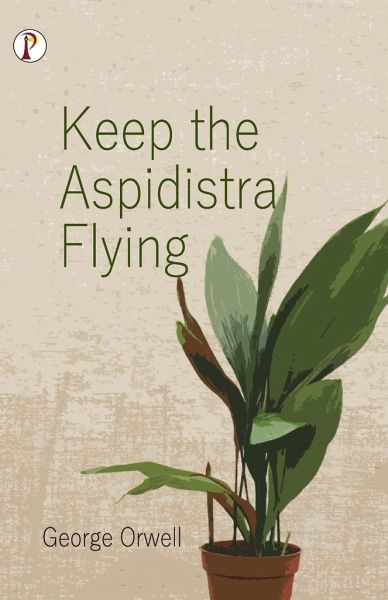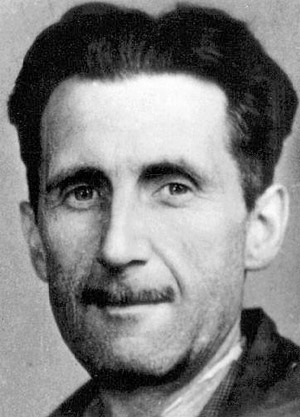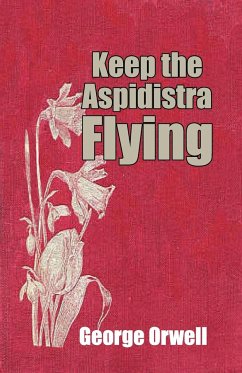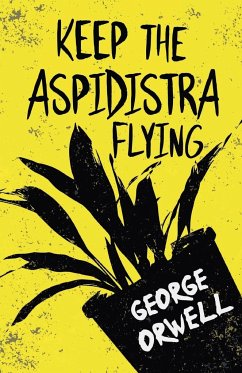
Keep the Aspidistra Flying
Versandkostenfrei!
Versandfertig in 1-2 Wochen
18,99 €
inkl. MwSt.

PAYBACK Punkte
9 °P sammeln!
Keep the Aspidistra Flying is a compassionate satire on the 1930's society. Written by George Orwell, the book was first published in 1936 when the western world was still reeling from the devastation of the Great Depression and the Second World War was looming on the horizon. Gordon Comstock is the main character in the novel, and his main goal is to defy the main things that society is doing - glorifying money and status. Trying to keep himself hidden from this selfish world, several bad things subsequently happen to him, leading to the major conflicts of the story. The book is yet another o...
Keep the Aspidistra Flying is a compassionate satire on the 1930's society. Written by George Orwell, the book was first published in 1936 when the western world was still reeling from the devastation of the Great Depression and the Second World War was looming on the horizon. Gordon Comstock is the main character in the novel, and his main goal is to defy the main things that society is doing - glorifying money and status. Trying to keep himself hidden from this selfish world, several bad things subsequently happen to him, leading to the major conflicts of the story. The book is yet another of Orwell's great takes on literature and the world. Enlivened with vivid autobiographical detail, the novel explores materialism, respectability and the class system - themes which remain relevant even today. Through the character of Gordon Comstock, Orwell reveals his own disaffection with the society he once himself renounced.













